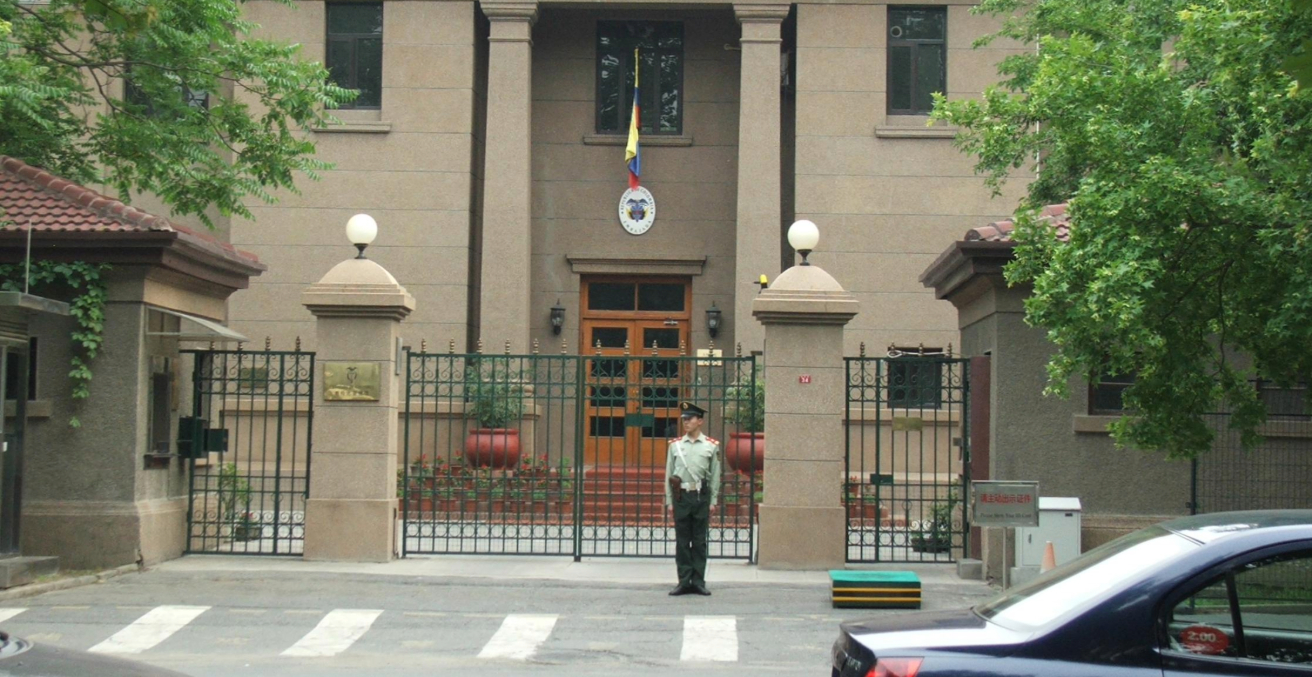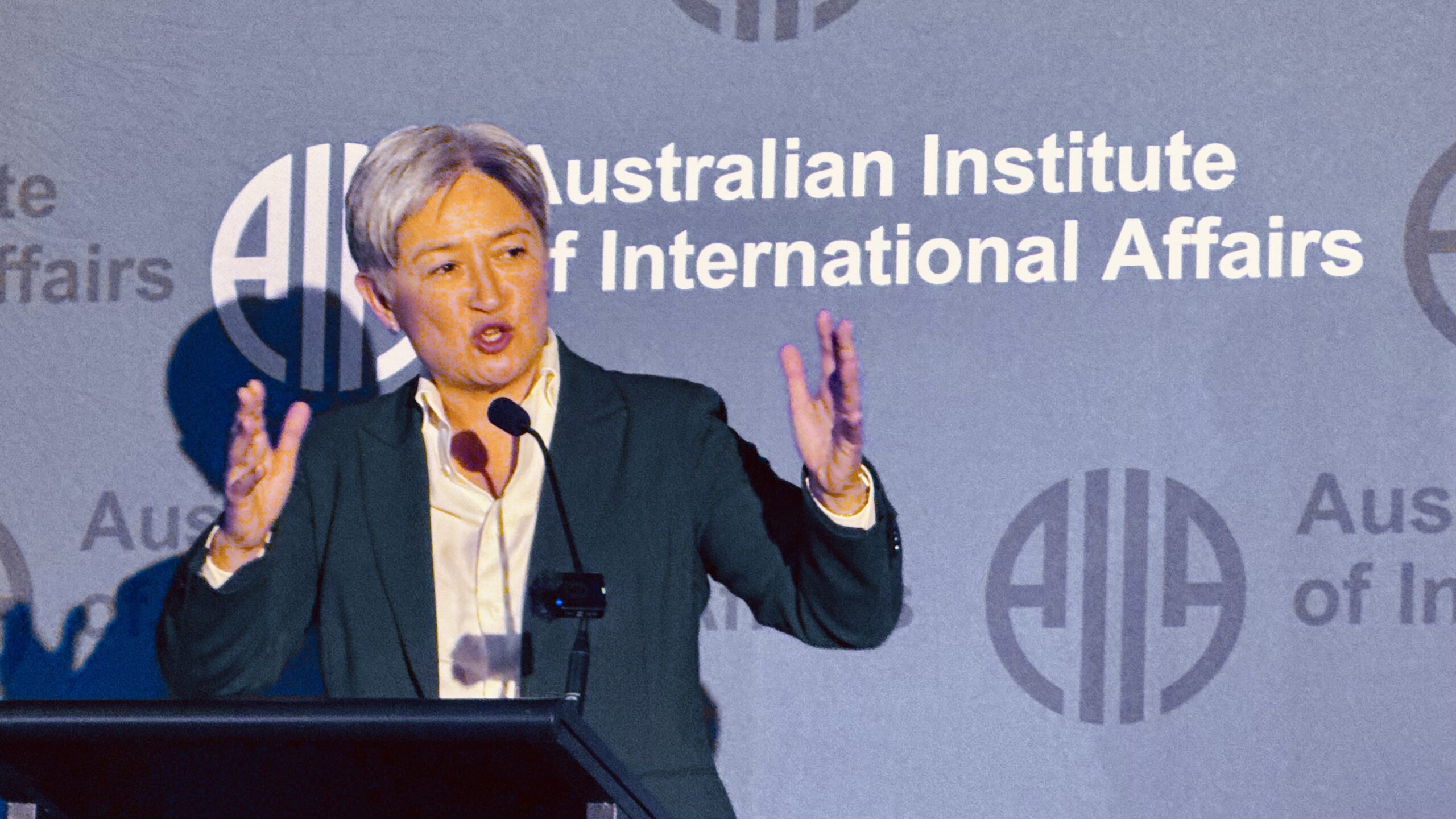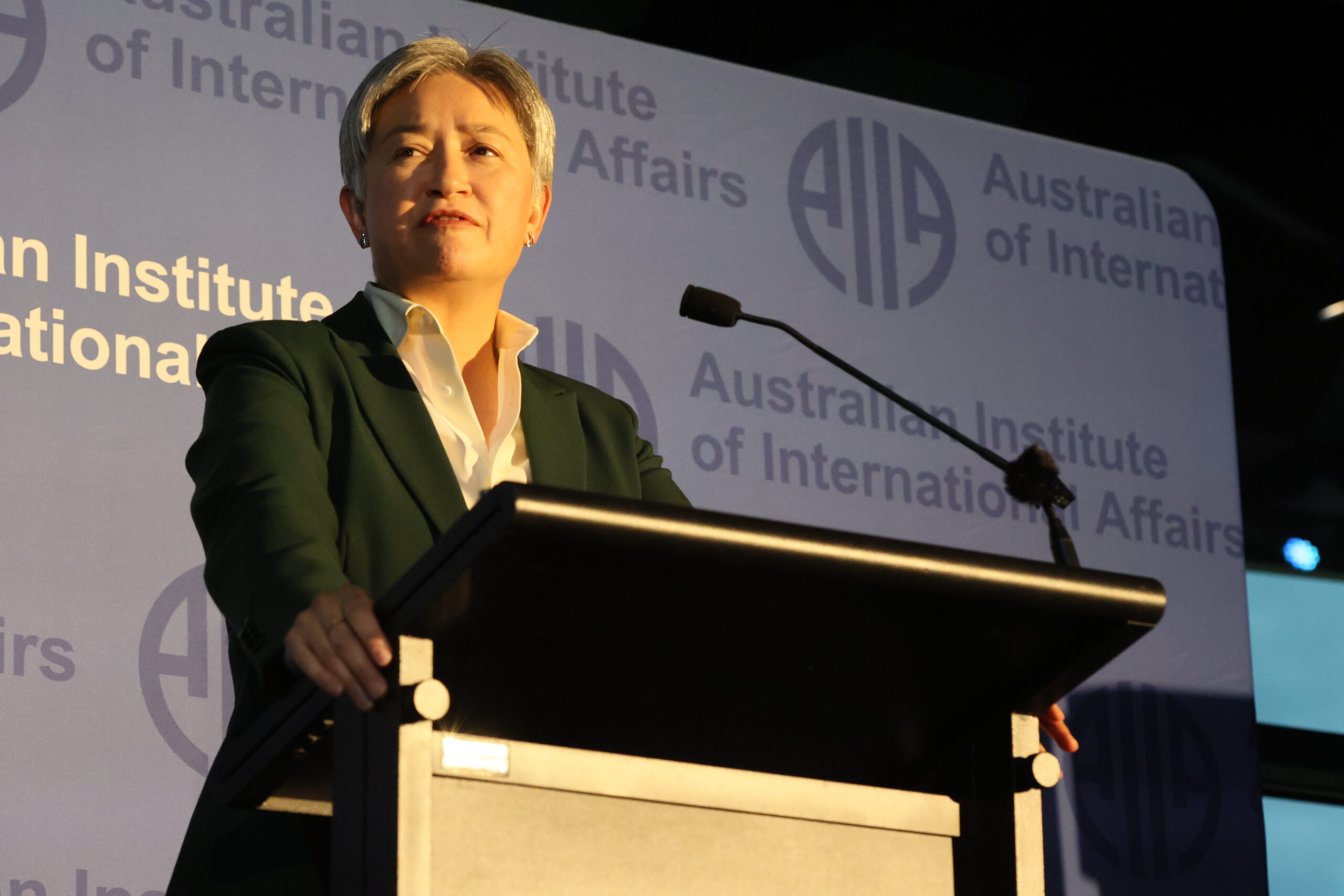As Colombia celebrates 45 years of diplomatic ties with the US, it is simultaneously redefining its foreign policy by forging deeper strategic and economic partnerships with China. This pivot reflects growing frustration with diminished US support and a broader push to diversify international alliances amid a changing global order.
Colombia, a traditionally right-leaning country, has maintained a cautious relationship with nations outside of the United States, including efforts to deepen ties with China and other BRICS countries joining the New Development Bank. In 2025, the two countries are celebrating the 45th anniversary of diplomatic ties, marking a significant milestone as Colombia takes major steps to strengthen its relationship with China by joining the Belt and Road Initiative. This move reflects a desire to establish new alliances, particularly as its traditional partner, the United States, reduces strategic aid through USAID programs, implements migrant repatriation plans under hostile and undignified conditions, and weakens bilateral ties through tariff impositions under the Trump administration.
Since the beginning of President Gustavo Petro’s administration, Colombia and China have held several high-level meetings, culminating in the elevation of their relationship to a “Strategic Partnership” during a 2023 visit to Beijing. Colombia reaffirmed its support for the “One China” policy and committed to greater cooperation in trade, security, and the fight against transnational crime. Twelve bilateral agreements were signed, covering areas such as agriculture, scientific exchange, cultural cooperation, and ecological development.
On 15 April, President Gustavo Petro announced a meeting with China’s ambassador to prepare for a broader summit between China and CELAC (the Community of Latin American and Caribbean States), scheduled for 12–13 May. The summit aims to strengthen strategic ties with China, a key economic partner for the region, and explore avenues for collaboration in trade, investment, and infrastructure.
As CELAC works to deepen regional integration, this initiative reflects a broader push to diversify international partnerships and lessen reliance on traditional global powers. The upcoming summit could mark a turning point in Latin America’s evolving relationship with China. Colombia formally joined China’s Belt and Road Initiative (BRI) in May 2025 and the Colombian Senate recently launched a “Colombia–China Friendship Commission” to strengthen parliamentary relations.
Criticism surrounding Colombia’s participation in the Belt and Road Initiative (BRI) often arises from misconceptions and limited understanding. Concerns have been raised, particularly by private sector leaders like those at the National Entrepreneurs of Colombia (ANDI), who question the benefits of the alliance, pointing out the risk of an influx of Chinese goods harming domestic industry. However, these concerns misinterpret the nature of the agreement, which is not a trade agreement but a framework for strategic cooperation, particularly in infrastructure. The nature and purpose of the BRI is a non-binding plan that focuses on collaboration in sectors like clean energy, AI, transportation, and agriculture, rather than liberalising trade in goods. Fears of falling into a “debt trap”—a criticism often associated with Chinese infrastructure financing—can be addressed through Colombia’s robust legal system, particularly Laws 80 of 1993 and 819 of 2003. These provide safeguards for transparency, fiscal responsibility, and contract oversight. They even allow for unilateral contract modification or termination by the state, reducing financial risks.
Additionally, large infrastructure projects, like Bogotá’s Metro, have been financed mainly through national and multilateral sources, not Chinese loans. This underlines the importance of separating fact from speculation in debates about Chinese involvement and ensures that future cooperation aligns with both Colombian law and international standards.
Moreover, Colombia’s recent incorporation into the BRICS Bank initiative further reinforces President Gustavo Petro’s efforts to diversify the country’s foreign policy, particularly in response to the isolationist measures implemented during Donald Trump’s presidency and the shift towards a new financial order. The New Development Bank (NDB) was established in 2015 by Brazil, Russia, India, China, and South Africa—collectively known as the BRICS—to finance strategic infrastructure projects in developing countries. Over the years, additional members such as Bangladesh, the United Arab Emirates, Egypt, and Algeria have joined the institution. Member states contribute capital, which the bank’s leadership allocates to projects considered priorities by its members. The NDB seeks to differentiate itself from traditional Western financial institutions, which follow a similar lending model but are often criticised for imposing high interest rates and austerity measures as conditions for loans.
This development is particularly important for Colombia as it offers new alternatives for financing at a time when public resources are limited and traditional credit avenues may come with restrictive conditions. By joining the New Development Bank, Colombia gains access to funding mechanisms that align more closely with its development needs and priorities. Moreover, participation in this multilateral institution strengthens Colombia’s role in South–South cooperation frameworks, fostering partnerships based on mutual benefit, shared challenges, and respect for national sovereignty—principles that are increasingly vital in a shifting international order with a more active participation of the Global South countries.
In sum, Colombia’s evolving relationship with China marks a significant shift in its traditionally US-oriented foreign policy. Historically focused on its northern ally, Colombia’s engagement with China has deepened notably in the last decade, culminating in its formal entry into the Belt and Road Initiative (BRI) in 2025. The relationship was elevated to a “Strategic Partnership” during President Petro’s 2023 visit to China, during which twelve cooperation agreements were signed, spanning agriculture, culture, and green development, indicating both nations’ intent to strengthen and diversify ties beyond commerce.
This article is part two in a series of two.
Tatiana Gélvez-Rubio is Associate Professor at the Faculty of Economics, Universidad Externado de Colombia. She holds a PhD in Government from the University of Essex (UK) and a MSc in International Comparative Studies from the University of Southampton (UK). Her research focuses on International Political Economy, Gender and Economics, and the use of statistical and econometric analysis to support public decision-making.
This article is published under a Creative Commons License and may be republished with attribution.





